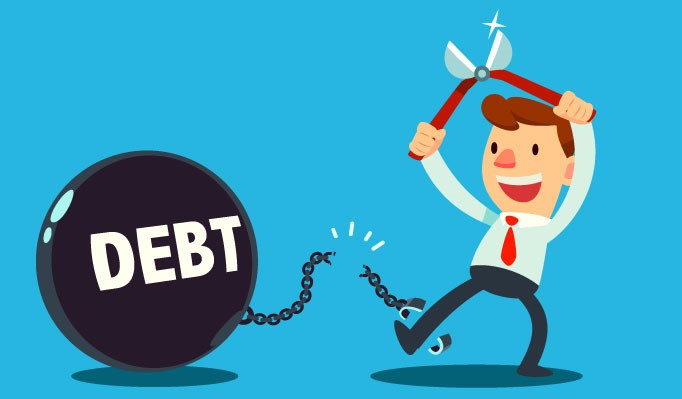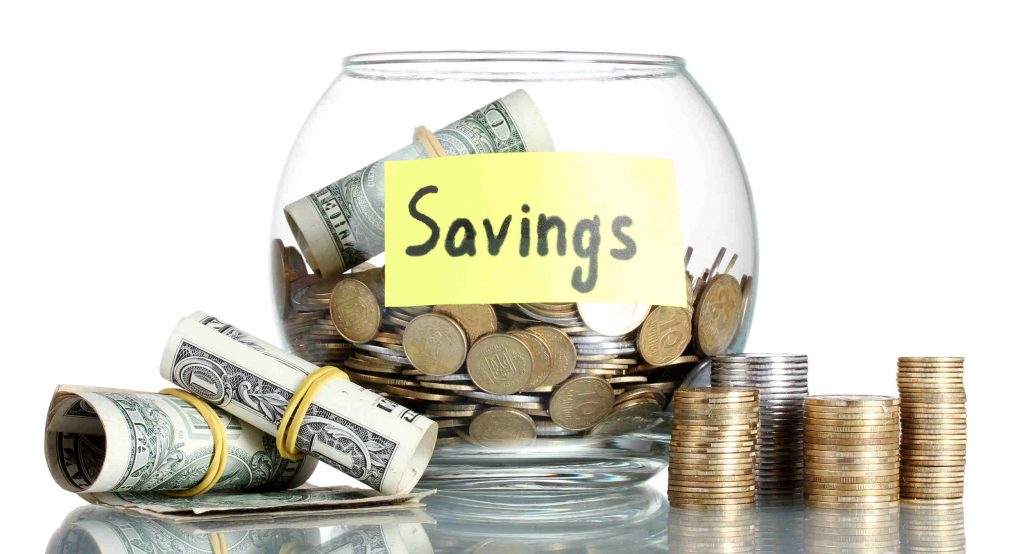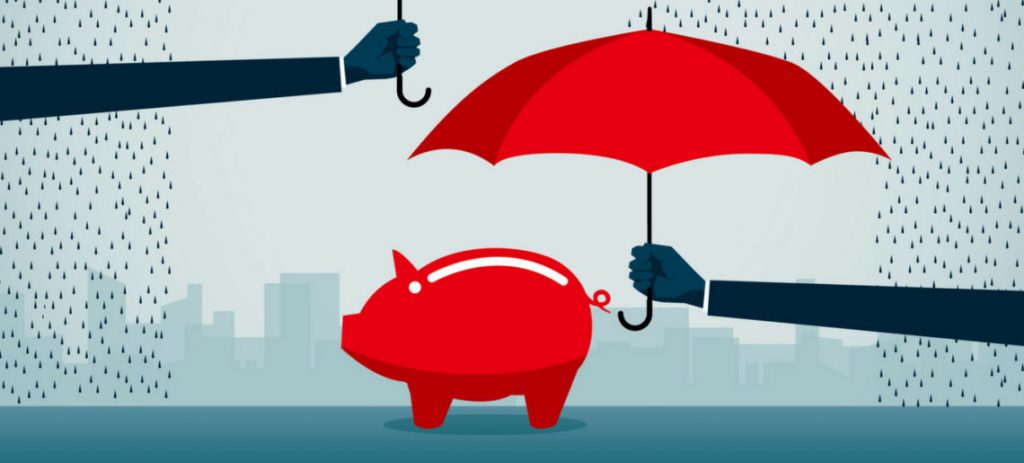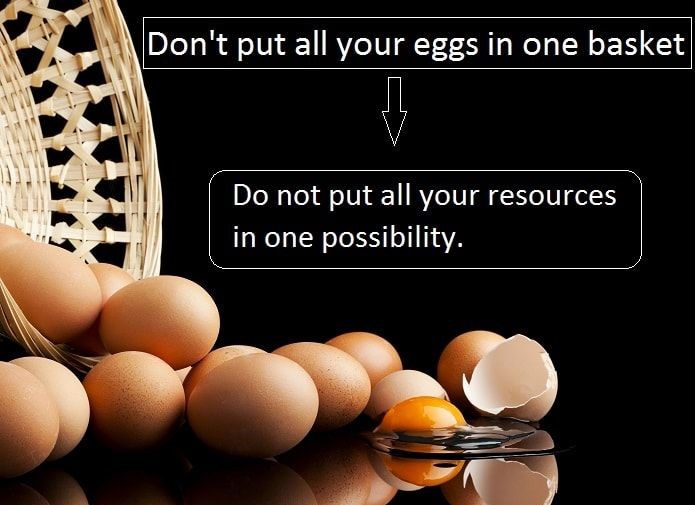Are you struggling with managing your personal finances? Do you want to be financially stable, but you aren’t sure how? Well, personal finance management plays a vital role in everyone’s daily life, from getting our morning coffee to shopping online stores and also when planning trips. However, the majority of us in our society do what everyone else does, and don’t dare to be different. Hence, we frequently make mistakes that exacerbate our headaches in the short run while decreasing our overall wealth in the long run.
Unlike financial experts, I will not advise you to take finance classes and refrain from purchasing your desired products. So, are you pondering what you can do now and build a secure lifestyle for the future? Well, it’s just some basic practices of getting savvy with finances, and that’s doable. Continue reading and you’ll soon know all about them!
WHAT YOU SHOULD “DO”
Having a bookkeeper
If you are a lawyer, you must be accountable for providing legal advice to clients and speaking on their behalf. If you are a fashion designer, you should be responsible for designing clothes. Try to be realistic and know about your area of expertise. If you don’t know how to play with numbers, don’t expect to be accurate in calculation, because without the proper background knowledge about numbers, you will almost certainly make errors in your regular financial progress reports. So, what should you do in this circumstance?

Well, have a trustworthy bookkeeper. Trust me- this person can help you track your daily financial inflows and outflows, as well as interpret your reports. In fact, this person can help you in making right investment decisions.
Getting your debt under control
Taking out excessive loans is a barrier to achieving financial goals since a person might have to sell securities, bonds, and fixed assets to repay them and recover the situation. So, if you’ve already taken out too much debt, I recommend that you start making a debt reduction strategy right away. How would you set that up? Try the following tips:

- First of all, stop spending more than you earn, as this will lead to the need for a credit card in the future. However, spending deliberately with a credit card isn’t bad if you are sure that you will be able to repay the full sum within a month. So, spend and use your credit card prudently so that you can repay the debt within the time frame specified.
- Then, make at least the minimum debt repayment installments. It’s even better if you pay more than the minimum because the longer you wait, the more interest you’ll have to pay.
“I never recommend going beyond three years
because it (seems) like forever.”
Brodsky
- Start savings as early as possible so that you don’t end up with a new credit card balance to cover unforeseen expenses.
- Sell irrelevant stuff around your home to raise funds that can assist you repay your loan.
Making and following a budget
A budget is the most important aspect of personal finance management, but very few people make it. Making a budget and following it is like a challenge for them. It’s because people may feel too constrained to curb their spontaneous purchases or plan their spending beforehand. However, believe me when I say that sticking to a budget can improve your quality of life because it eliminates any financial concerns. Let me tell you how!

A budget chart depicts a monthly spending plan based on income. As a consequence, you can take a look at your spending plan so that you can see where your money goes every day, which will help you realize your overspending impulses that seemed important at one time. Once you know this, you will automatically start to prevent yourself from succumbing to overspending impulses that you wouldn’t have disregarded otherwise. Also, you will get to know the amount available for your future purchases. As a result, you will be more likely to save for the future, which will help you not to be stuck in a situation where you will be in need of a high amount of debt. Lastly, if you can’t control your expenditure in the first month, don’t give up! Trust me- you will eventually become more accurate with your projected expenditure and will be able to handle your budget more smoothly.
Keep track of your daily income and expenditure
Earning money and making a budget are not the only approaches to reach your financial goals. You have to explore different investment opportunities by measuring risk and return factors too. However, you can’t go for a right investment choice by having a mental caricature of your savings because it won’t provide you with exact results. You might not even notice you’re out of money until it’s too late. So, you have to look at your accurate net worth, and if you don’t track your daily income and expenditure in an Excel or a Google spreadsheet, it won’t be possible to get the correct information and make smart decisions on bringing meaningful changes to your personal finances. So, get started on making a habit of tracking your finances for your future investment purposes!
Start saving right away

Saving money eventually helps you to gradually create a reasonable amount of money. You can then use this money to do something bigger like starting a small business or investing in an existing one and start earning profits in the long run. So, saving money is the way to start racing towards your ultimate financial goal. Because only after you have accumulated some money, you can see a good investment opportunity and calculate if you should invest. Good investment opportunities don’t reach you every day. Without saving, you might come by a good one and have to let it slide just because you don’t have enough money to put into it. So, you should save for when the time comes.
Create a rainy day fund
We never know when an emergency expense will arise as a result of losing a job or bankruptcy of a business enterprise or illness. However, most of us don’t bother to consider saving in advance for such a situation. As a result, rather than making the right choices for ourselves, we become compelled to make the opposite, which worsens our already terrible situation. So, you should create an emergency fund to conquer such financial buffer. How would you do that?

“Everyone needs an emergency pot (of money) for
three to six months of expenses.”
McGrath
To build an emergency fund for three to six months, each month you can save a portion of your income. This portion will be determined by your earnings, monthly expenditures, where you live, and other factors. Remember that you can’t save your emergency fund in your checking account since it will cause you to become confused between your emergency and living expenses. In most cases, it might not provide you with any interest too. So, I recommend that you keep your emergency fund at a bank that offers a high-yield savings account. It will clear up the confusion, as well as provide you with high interest earnings that you wouldn’t have gained from your checking account. Also, this savings account has to be liquid unlike certificate of deposit or investment account so that whenever you break glass, you can withdraw a liquid amount from your savings account and then can use it. Cutting down your monthly expenditure might feel like a punishment at first when you can’t spend as much as you like, but you will gradually feel good knowing that you can overcome the situation smoothly if something unforeseen comes. You’ll also realize that you shouldn’t make money to be affluent; rather, you should live a life that brings you joy, and an emergency fund is the way to do so.
WHAT YOU SHOULD “NOT DO”
Don’t put all your eggs in one basket

The title, quoted by the world’s most successful investor, Warren Buffet, says all of what I’m about to say- do diversify. Never put all of your money in one place, whether it’s for your business or your personal life. Why is this so? Because if you put all of your money in one business and fail to capture market share, your balance will be zero. The same is applicable if you invest all of your money in securities and the stock market falls due to an economic recession. Unfortunately, the majority of individuals do not understand this. They think that putting all of their money in the most lucrative place will result in a higher return. In some cases, this strategy might work. But in most cases, following this strategy will most likely result in a financial catastrophe. So, you have to maintain a diverse portfolio so that if one part of the portfolio does not work, you can rely on the other parts to help you out.
Don’t make emotional investment decisions

Keep no personal attachment to your securities, bonds, or other investments, whether they were given to you as a gift or they are from your own company, because they do not have feelings like you do. Rather, this personal attachment will hinder you from selling them when the time is right. Having a personal attachment to your investments is like cluttering your portfolio with underperforming investments that will not benefit you. So, don’t let your emotions influence your decision.
Don’t be a sheep and follow the herd
Many of you choose to invest in something that everyone else is doing. You do this having fear of losing the best investment strategy. However, have you ever thought about whether it is really invest worthy?

Humans have an inherent belief that the majority is always correct. That is why they like to make decisions while following the herd. In the end, they lose their long-term gains. The housing bubble in the US market is an example of herd mentality. So, keep in mind that just because everyone is diving into a particular investment sector doesn’t mean it will surely be profitable. You should choose your investment based on how much risk you can “personally” bear if anything unexpected happens. Every investment decision should be based on your financial goals and not those of others.
Don’t be afraid to seek guidance
Many people feel afraid to seek help because they fear being labeled as weak or being rejected. However, have you ever thought that you shouldn’t hesitate? You would be astonished to know that people mostly feel good about it when you ask them for help. Remember the girl who handed you her phone so you could make an emergency call? So, never be afraid to ask for help. Just speak up for what you need to know, keep it brief, and you’ll be okay.

Now, are you thinking whom you should ask for financial guidance other than your bookkeeper? If you’ve saved a significant amount of money, it’s time to increase your wealth by speaking to a mentor who will help you make smart decisions on investment. Remember that your mentor can thoroughly guide you about the risk and return associated with the investment, and help you in working towards your goals. Even, this person can also help you in your budgeting process. Your friends, parents and other family members can be your mentors if they are financially savvy.
Conclusion
I hope the practices of dos and don’ts mentioned above help you get started on your path quickly. If you want to know more about personal finance management in detail, pick up these books titled ‘The Psychology of money’ & ‘Rich Dad Poor Dad’ and start from there. Good luck!

























Most of the points are hard to maintain in real life, but they sound good.